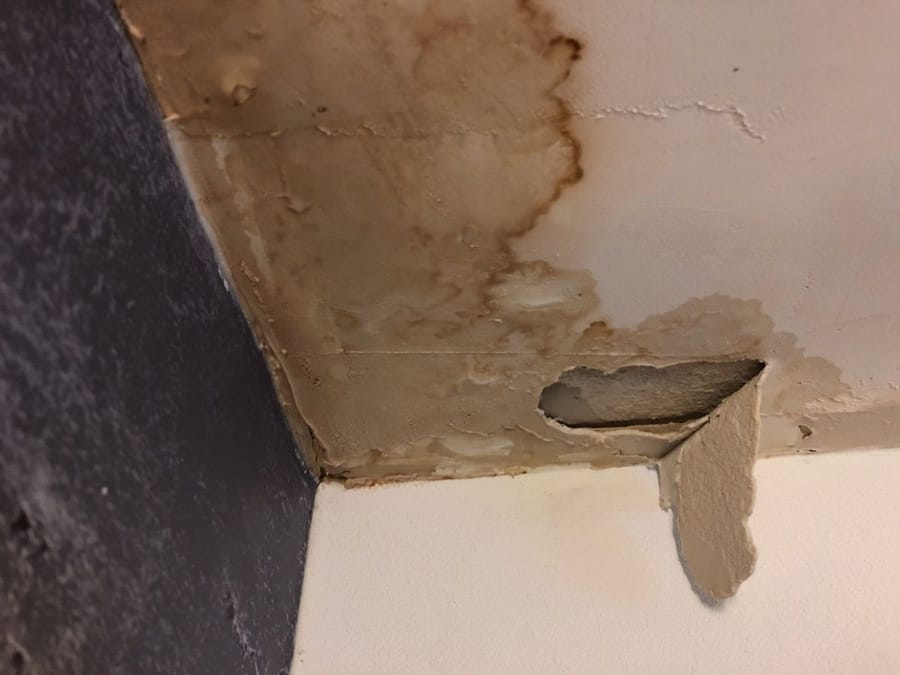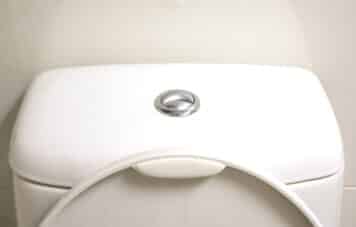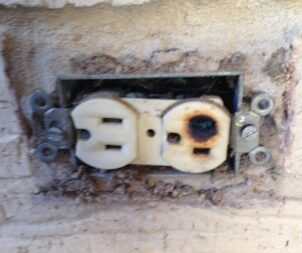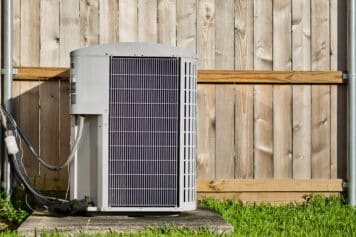
If you’ve ever dealt with a burst pipe, surprise leak, or backed-up drain, you know how stressful unexpected plumbing issues can be. In many cases, these emergencies could have been avoided with a bit of proactive care. For homeowners in New Jersey—where cold winters, coastal humidity, and older housing stock all play a role—preventative plumbing maintenance isn’t just a good idea, it’s a necessity.
Whether you’re a first-time homeowner or someone who’s dealt with a few plumbing surprises already, this guide will walk you through what preventative plumbing maintenance involves, why it matters, and how you can stay ahead of expensive repairs. With the right habits and professional support, you can extend the life of your system, improve water efficiency, and enjoy greater peace of mind year-round.
Why Preventative Plumbing Maintenance Matters
Plumbing systems are often out of sight and out of mind—until something goes wrong. Small issues like slow leaks or aging components tend to develop quietly over time. When left unchecked, they can lead to larger problems like mold growth, water damage, or even structural issues.
In New Jersey, the climate adds another layer of urgency. Winter freezes can cause unprotected pipes to burst, while high summer humidity can worsen corrosion and pipe wear. Add in hard water in many areas and aging infrastructure in older neighborhoods, and it becomes clear: a solid plumbing maintenance plan is a must-have.
Preventative care not only helps you avoid emergencies but also improves the efficiency and longevity of your plumbing. It keeps water bills manageable and helps you stay in compliance with local codes and insurance expectations.
Common Plumbing Issues That Maintenance Can Prevent
New Jersey homeowners are no strangers to plumbing challenges. Fortunately, most of the common issues have early warning signs—if you know what to look for.
Leaks are among the most frequent problems, especially in older homes with original plumbing. Even minor dripping under a sink or behind a wall can waste gallons of water and cause long-term damage. Slow drains are another common concern. Often caused by buildup of debris or grease, these clogs start small but can lead to full backups if not addressed.
Water heater problems also tend to build gradually. Sediment accumulation can reduce efficiency, raise your energy bills, and shorten the unit’s lifespan. And if your home has hard water, your fixtures and appliances may show signs of scale buildup that can impact performance.
By catching these problems early, maintenance helps you avoid surprise repair costs and keeps your home running smoothly.
What’s Included in a Preventative Plumbing Maintenance Plan
Preventative plumbing maintenance includes a mix of professional services and homeowner habits. A trusted plumber will inspect key parts of your system on a regular basis, including water pressure, visible pipes, connections, fixtures, and drainage systems. They’ll also test your water heater, check shut-off valves, and look for early signs of corrosion, leaks, or blockages.
Homeowners can support this effort by staying alert to changes in water pressure, checking under sinks for moisture, and cleaning drains regularly with non-corrosive solutions. If your home has a sump pump or water softener, it’s worth checking that they’re operating properly between inspections.
A professional visit may also include water quality testing, flushing your water heater, or inspecting your sewer line—especially if you’ve had root intrusion in the past or live in an area with mature trees.
How Often Should You Schedule Plumbing Maintenance?
At minimum, homeowners should schedule a professional plumbing inspection once a year. Spring and fall are ideal times to catch issues before the heavy usage seasons of summer and winter.
In some cases, more frequent checks may be recommended. If your home is older, has a history of plumbing problems, or includes features like a basement sump pump, radiant heating, or well system, a twice-a-year schedule may be better. The same applies if your household uses a lot of water or includes appliances like a second dishwasher or laundry room.
Consistent maintenance helps establish a baseline for your system’s performance—so if something changes, it’s easier to pinpoint the cause and fix it quickly.
What to Expect From a Professional Plumbing Visit
When you schedule maintenance with a licensed New Jersey plumber like Harris Plumbing, you’re getting more than a quick walk-through. A typical preventative visit includes a thorough inspection of your pipes, drains, water heater, and fixtures. Your plumber may test water pressure, examine exposed plumbing for wear or corrosion, and ensure that valves are operating correctly.
In addition, they may identify early signs of hidden leaks using moisture meters or thermal imaging. If any parts are near failure—such as old washers, seals, or fittings—they’ll recommend repair or replacement before the issue escalates.
At the end of your appointment, you’ll typically receive a maintenance report detailing the condition of your system, any concerns, and proactive steps to take next.
Benefits of Staying Ahead With Preventative Care
When homeowners invest in preventative plumbing maintenance, the benefits go well beyond just avoiding a late-night emergency call. First and foremost, you’ll save money. Leaky faucets, inefficient water heaters, and hidden drips waste water—and raise your utility bills.
You’ll also gain peace of mind. Knowing your system has been checked and cleared reduces worry and lets you enjoy your home without the constant question of “What if something breaks?”
Long-term, preventative maintenance extends the life of your pipes, appliances, and fixtures. You won’t be replacing a water heater five years early or tearing up flooring to fix a slab leak. Instead, you’ll get more from the systems you’ve already invested in—while improving the safety, efficiency, and value of your home.
Take a Proactive Step Toward Plumbing Peace of Mind
Preventative plumbing maintenance is one of the smartest investments you can make in your home. By scheduling regular inspections and staying alert to early warning signs, you can avoid costly repairs, improve efficiency, and keep your water flowing safely all year long.
If you’re ready to protect your home and budget from future plumbing surprises, Harris Plumbing is here to help. Our team of experienced New Jersey professionals offers comprehensive maintenance plans, honest recommendations, and reliable service every time.
Call Harris Plumbing today at (856) 485-7215 or visit callharrisnow.com to schedule your preventative plumbing checkup.




